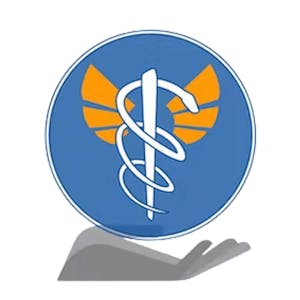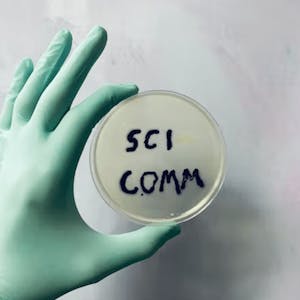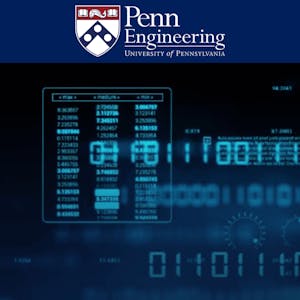Become an EMT
About this Specialization
Health care is an exciting and ever growing profession that can take you many different directions. You can apply the fundamentals you learn here about emergent patient care, stabilization, and disease processes toward becoming an EMT or further health care pursuits. In this specialization you will learn to care for stable and unstable patients before they get to a hospital, how to identify time sensitive diseases, and medical and traumatic conditions that affect both adults and pediatric patients.\\n\\nCourse 1 ensures you can assess a scene and prepare to provide care, understand the framework for patient assessment, history of emergency medical services, and the personal requirements to be an EMT. Course 2 addresses airway, breathing and circulation, medications and medication administration that EMTs are allowed to provide, and how to identify a patient having a stroke or diabetic emergency. Course 3 covers skills related to high performance CPR or cardiopulmonary resuscitation, toxicology, and wilderness emergency medicine. Course 4 offers skills for trauma emergencies and Course 5 focuses pregnancy, infants and pediatrics.\\n\\nEssential skills are demonstrated throughout the specialization. Finally, apply the course materials to real patient scenarios in the Capstone to help prepare you for national registry testing. For more information regarding educational requirements for licensure in U.S. states or U.S. territories see FAQ below.Created by: University of Colorado System

Related Online Courses
Evidence-based effective science communication is increasingly necessary. In this specialization, learn how to engineer science communication activities using evidence from the learning sciences.... more
This is a self-paced lab that takes place in the Google Cloud console. In this lab, you will use the APIs Explorer tool to create Cloud Storage buckets, upload data to the bucket, and remove... more
This specialization builds on topics introduced in single and multivariable differentiable calculus to develop the theory and applications of integral calculus. , The focus on the specialization is... more
Use statistical learning techniques like linear regression and classification to solve common machine learning problems. Complete short coding assignments in Python.Created by: University of... more
Complex systems can exhibit emergent phenomena, wherein the interplay of simple underlying rules governing the constituent parts leads to rich and unexpected behavior of the whole. Condensed matter... more








